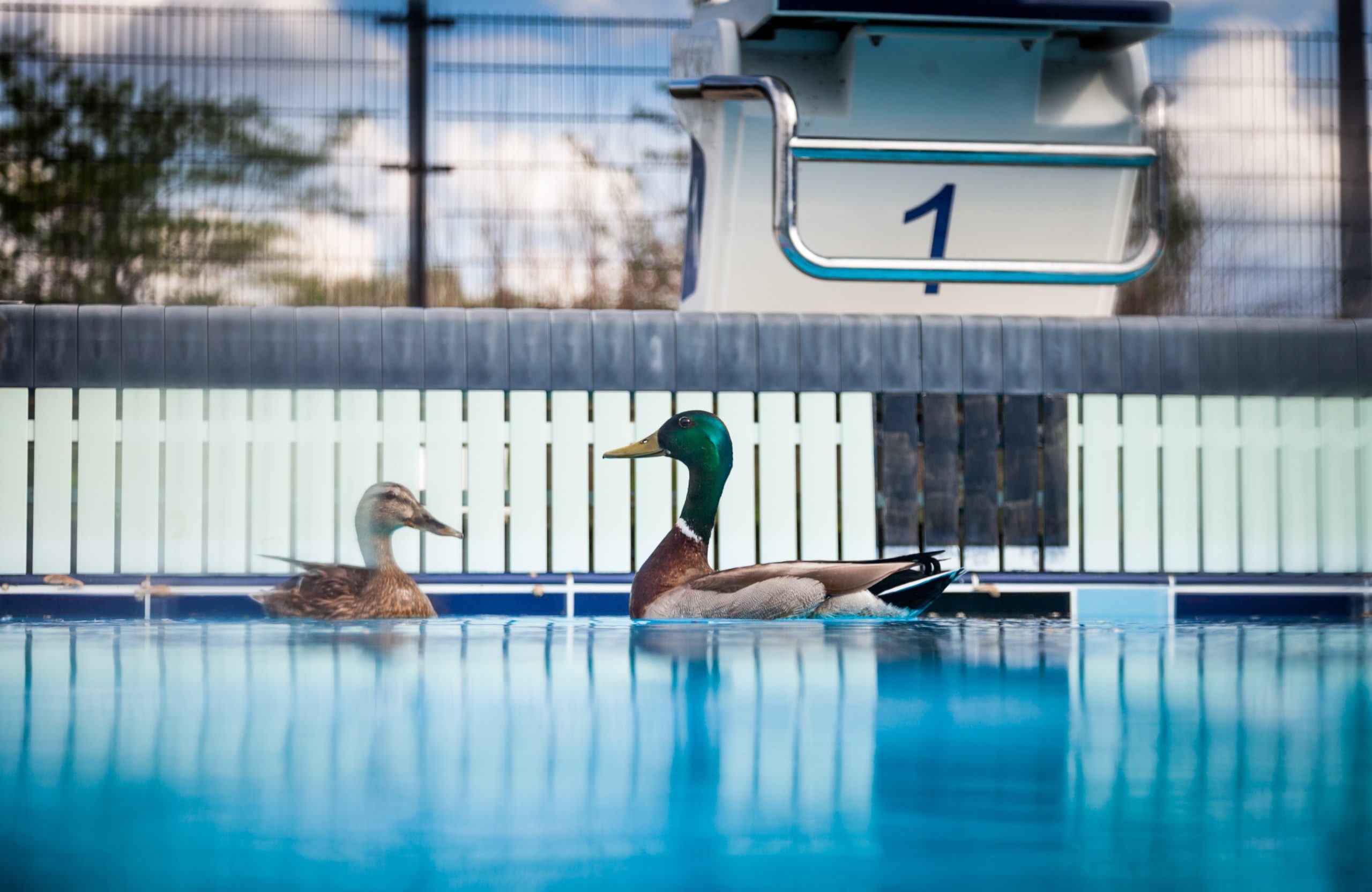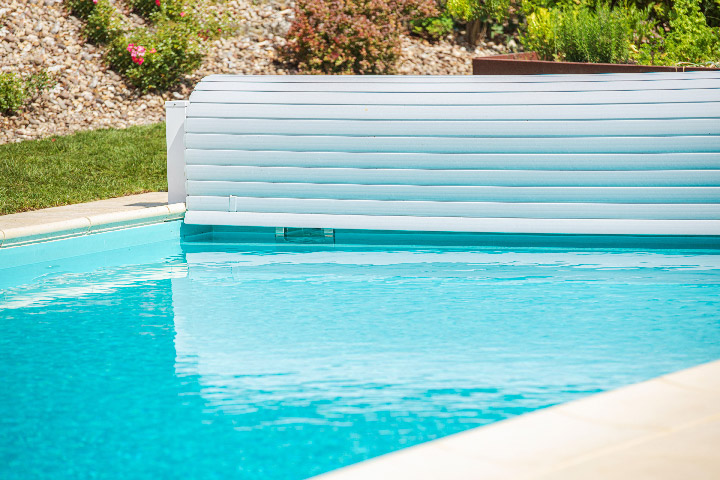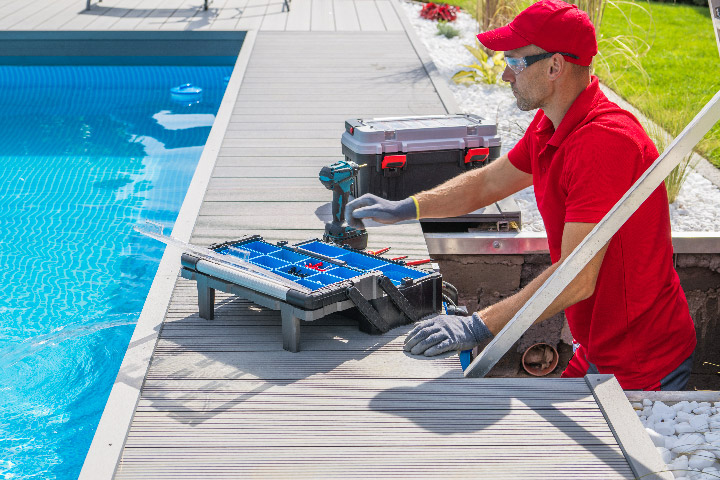
Keeping Ducks Out of Your Pool: Effective Strategies for a Cleaner Pool Environment
Ducks can be charming visitors to your backyard, but when they decide to take a dip in your pool, they can leave behind a messy and potentially unsanitary situation. Duck droppings not only create an unappealing sight but can also introduce bacteria and contaminants to your pool water. In this article, we’ll explore effective strategies for keeping ducks out of your pool and maintaining a cleaner and safer pool environment for you and your family.
Understanding the Attraction of Ducks to Pools:
Ducks are naturally drawn to water sources for bathing, drinking, and foraging for food. Residential pools can be particularly attractive to ducks due to their calm, open water surfaces and surrounding vegetation. Additionally, pools may offer a refuge from predators or harsh weather conditions, making them an appealing destination for ducks seeking shelter.
Effective Strategies for Keeping Ducks Out:
- Install Pool Covers or Nets: One of the most effective ways to deter ducks from entering your pool is to install a pool cover or net when the pool is not in use. A sturdy pool cover or net creates a physical barrier that prevents ducks from accessing the water, reducing the likelihood of them landing or swimming in the pool.
- Use Visual Deterrents: Visual deterrents, such as floating decoys or reflective objects, can help deter ducks from approaching your pool. Place decoy predators, such as floating alligator or hawk decoys, in and around the pool to create the impression of a potential threat. Additionally, shiny objects like aluminum foil or CDs hung around the pool perimeter can create reflections that may discourage ducks from landing.
- Install Motion-Activated Sprinklers or Alarms: Motion-activated sprinklers or alarms can startle ducks and deter them from entering the pool area. These devices detect motion and emit a burst of water or sound when triggered, creating an unpleasant experience for ducks without causing harm.
- Trim Vegetation and Remove Attractants: Ducks are attracted to pools surrounded by lush vegetation or areas with food sources nearby. Trim back vegetation around the pool perimeter and remove any food sources, such as fallen fruits or seeds, to make your pool less inviting to ducks.
- Maintain Water Quality: Ducks are more likely to be attracted to dirty or stagnant water, as it provides an ideal habitat for feeding and bathing. Maintain proper pool water chemistry and circulation to keep the water clean and clear, reducing the likelihood of ducks visiting your pool.
Conclusion:
Keeping ducks out of your pool requires a combination of proactive measures and deterrent strategies to create an environment that is unappealing to these feathered visitors. By installing pool covers or nets, using visual deterrents, and implementing motion-activated devices, you can effectively discourage ducks from entering your pool area. Additionally, maintaining water quality and removing attractants can further reduce the likelihood of ducks visiting your pool. With these strategies in place, you can enjoy a cleaner and safer pool environment while minimizing the presence of unwanted guests.




